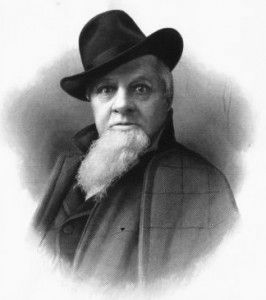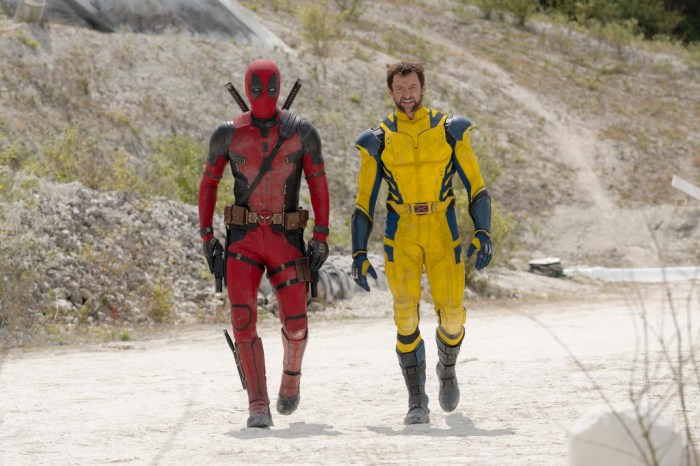Sometimes people feel as though they are bursting with urine but when they go to the toilet, nothing comes out. Others have the opposite experience in that they have absolutely no urge to urinate but it keeps on coming and they have no control to stop it. Finally there are those who get the urge and urinate at frequent intervals.
Understanding what causes each of these different scenarios requires an understanding of the how the bladder works. Bladders are able to accept the flow of urine coming from the kidneys and gradually expand and accommodate to the constantly increasing volume of urine without increasing the pressure within the bladder. As the bladder approaches its maximum capacity, its muscles are signaled to contract and the urge to urinate is experienced. If that signal is ignored or suppressed, as the filling continues, the pressure within the bladder rises rapidly and the sensation of urgency increases until it can no longer be ignored. The choice becomes either find a place to relieve yourself or suffer the embarrassment of wetting.
Control of the flow of urine leaving the bladder is a complicated matter and basically depends upon a balance of two sets of opposing forces. First is the set of forces that help you get the urine out of your bladder and the second are those that hold the urine back in the bladder so that you can control it without wetting yourself. Coughing, laughing or sneezing increases abdominal pressure and often results in some leakage of urine.
The forces that hold back the urine include muscular sphincters, mechanical obstructions, such as an enlarged prostate, a congenital valve or a stricture or narrowing in the urethra. Strictures can occur anywhere in the urethra from the tip of the penis up to the neck of the bladder. They are usually the result of scarification from trauma, prior surgery or past infections.
The second type of force that retains urine and results in a slow, weak and dribbling urinary stream is the type that weakens the force of the bladder contractions. These are usually caused by some abnormality of the central and/or peripheral nervous system resulting in weakness of the muscles in the wall of the bladder.
A weak-walled bladder can also actually be caused by an obstructive prostate. In the beginning, the bladder muscle gets stronger and stronger as it struggles to overcome the obstruction. Eventually, if the obstruction persists, the bladder muscle will fail just as the heart muscle can fail when it is over worked and the result is a weak bladder no longer able to contract efficiently. The consequence is of course a thin urinary stream. So whether your stream is too strong or too weak, investigation of the cause of the problem will give you the best chance for relief and good health.
Have a question? Call Dr. Okun at 718-241-6767















